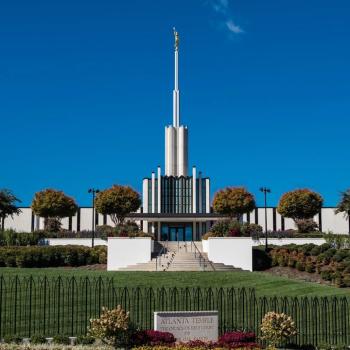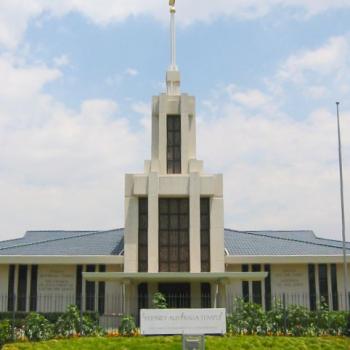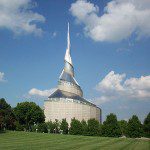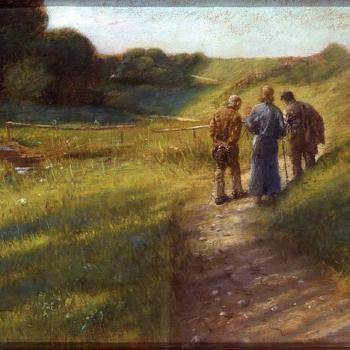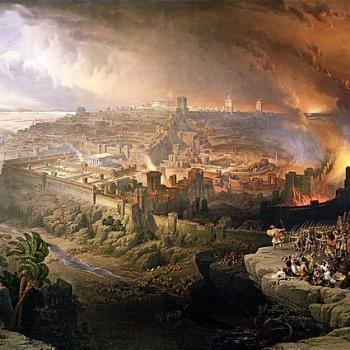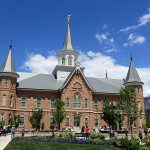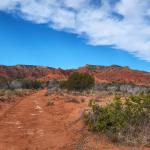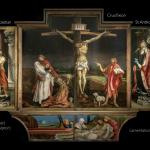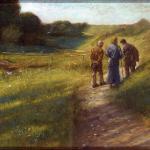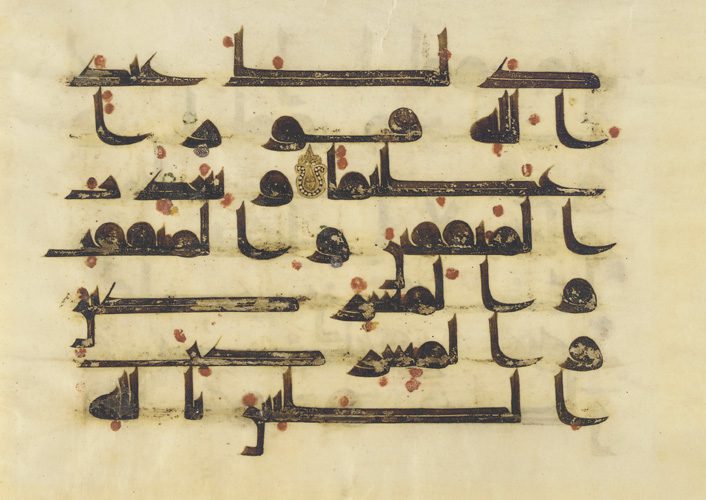
I continue chugging along with my manuscript on Islam for Latter-day Saints. Here, I’m discussing the Qur’an’s portrayal of the end of all things and the Last Judgment:
We are the witnesses of all your thoughts and all your prayers and all your actions. Not an atom’s weight in earth or heaven escapes your Lord, nor is there any object smaller or greater, but is recorded in a glorious book.[1]
The records of men’s deeds will be opened up.[2]
Upon that day men shall issue in scatterings to see their works, and whoso has done an atom’s weight of good shall see it, and whoso has done an atom’s weight of evil shall see it.[3]
“Woe on that day to the disbelievers!” the Qur’an declares. “When they are bidden to kneel down, they do not kneel.”[4] But at the last day, every knee shall bow and every tongue confess its sins. “All who dwell in the heavens and on earth shall prostrate themselves before God, some willingly and some by force.”[5] “You shall see all the nations on their knees.”[6]
The souls of men and women will be judged on the basis of their works.[7] God will not wrong anybody; if wrong is done by anybody, it will be done by oneself. “He that commits sin, commits it against his own soul.”[8] Repentance is possible, but the Qur’an does not approve of death-bed repentance, delayed until sin has been savored to its last drop.[9] If their works have been evil and they have not repented, the souls of human beings will receive a terrible punishment. “On that day you shall see the guilty bound with chains, their garments blackened with pitch, and their heads covered with flames.”[10] The sinner on that day would gladly sacrifice his children, his wife, his brother, his kinsmen who have given him shelter, even all the people of the earth—if only this might deliver him. But it will not.[11]
[1] 10:61; compare 17:13-14; 45:28-29;
[2] 52-53.
[3] 99:6-8 (Arberry); compare 21:47.
[4] 77:47-48.
[5] 13:15.
[6] 45:28.
[7] 14:51.
[8] 4:111; compare 10:44; 11:101; 16:33; 29:40; 43:76. Also, compare the Book of Mormon’s Ether 10:11, where we find the striking description of Morianton as a king who “did do justice unto the people, but not unto himself “
[9] 4:17-18; 8:38.
[10] 14:49-50.
[11] 10:54; 70:11-18.
***
Thanks to Matthew Wheeler for bringing the following item — a pleasant story about Muslims in Arkansas — to my notice:
“Fort Smith Mosque Pays the Debts of Man Who Vandalized Their Building”



